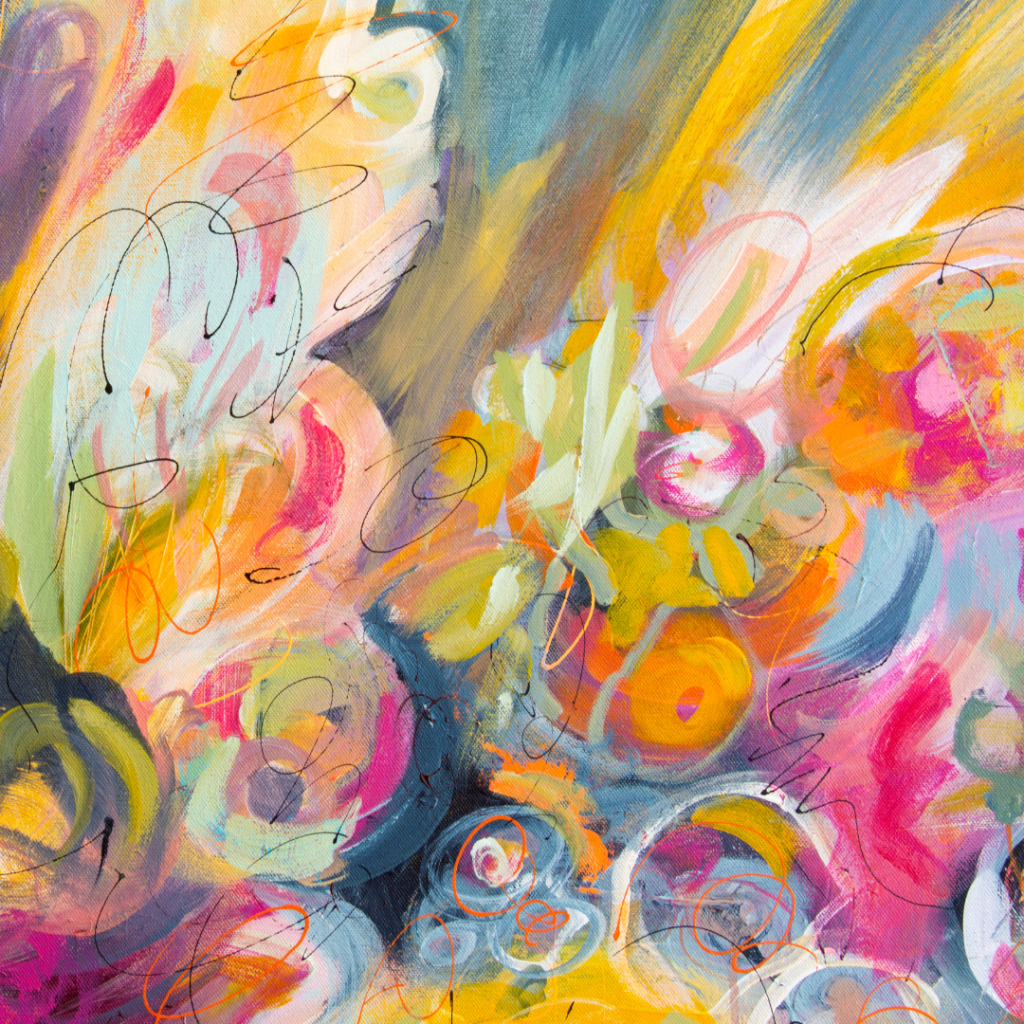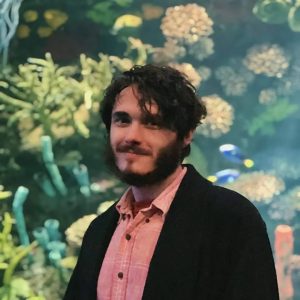Welcome to the heartbeat of Integrative Counsel, our blog where tranquility meets transformation. This is your sanctuary for insights and wisdom on nurturing a harmonious connection between mind, body, and spirit.
Therapy Won’t Kill Your Creativity

As an artist with mental illness, I’m always fascinated by what other artists have to say about their relationship with mental illness and therapy. Many artists have said really beautiful and inspirational things about their struggles with the stresses of creating under the duress of mental illness. In point of fact, I may not have gone into therapy in the first place if not for the openness of Robin Williams with his experiences with depression, addiction and rehab. But recently, I read an interview with the filmmaker David Lynch that gave me pause.
“I had a reason for going in [to therapy], and I asked [the therapist] ‘Could this process that we’re going to go through affect my creativity’ and he said ‘David, I have to be honest with you, it could.’ And so then, I had to shake his hand and say goodbye.”’
Although I believe that David Lynch’s quote speaks to a genuine anxiety that many creatives face about going into therapy, I found this statement to be completely out of line with my experience with both mental illness and therapy. If anything, the tools I’ve acquired through attending regular therapy sessions have improved the quality and quantity of my creative output, and I believe any experiences to the contrary to be outliers, not the norm.
Therapy encourages self awareness.

I would posit that seeking and collaborating with a therapist on the project of my mental health has consistently put me in a better place emotionally to pursue my artistic dreams. In my experience attending therapy, it has encouraged an internal environment of self-improvement and reflection. Introspection and self-awareness are tremendously important aspects for me when I’m assessing any creative work, and the most powerful tools I’ve found in both arenas were gained through my experiences in therapy. Mindfulness, consistent routine, and sobriety were concepts that were out there, but I would never have thought to seek them out had they not been recommended to me by experts in the field.
Therapy and creativity mix well because therapy is motivating.
Even more profoundly, the long-term effects of interacting with my many talk therapists and psychiatrists has significantly lessened the physical symptoms of my depression and anxiety. In the miasma of depression, I lacked the motivation to eat or sleep. Under the cantankerous thrall of my anxious, intrusive thoughts, I lacked the wherewithal to deeply connect with others and chase the goals I was truly passionate about. When working full-time to fund a self-destructive addiction problem, I lacked the time and energy to dedicate myself to anything other than self-sabotage. And this is a story common among many neurodivergent artists in the public sphere.
Therapy helps artists’ creative output.
Rachel Bloom was an actress and songwriter who sought therapy to treat her anxiety, depression, and obsessive compulsive disorder. She used her experiences as inspiration to co-create and star in her award-winning musical television series Crazy Ex-girlfriend. Kesha Rose Sebert was one of the most successful and talented recording artists in the world who nonetheless struggled in an environment of drug abuse and addiction. After her experiences in therapy and rehab, she returned to the public eye and released the most critically acclaimed and personal album of her career in Rainbow. Robert Downey Jr. was an actor and producer in Hollywood who grappled with his own reputation as a drug addict, law-breaker, and sufferer of bipolar disorder. After attending therapy and rehab, he became one of the highest paid and most beloved actors in the world. The general experience with artists attending therapy is not one of decline in their creative output, it is precisely the opposite.
If you are an artist struggling with mental illness, I wouldn’t recommend avoiding treatment for the betterment of your creative output. Art is always, to some extent, the expression of your own internal world, and seeking treatment is taking a step away from disordered thinking and self-destructive living. You will never lack an opportunity to write about the confines and challenges of your mental illness, but you might find it more incisive to do so with the distance of someone with an awareness of its limitations, pain, and management. I think part of the reason that David Lynch’s quote resonated with me in such a negative way is because he’s half-right: going into therapy will absolutely change your creative output. For the better.
Therapy and creativity can mix well together. If you think that therapy and creativity clash, you are mistaken. Therapy can actually help with your creativity. Click here to read last week’s article on the ways music can help with depression.
Sign up to receive our virtual magazine in your inbox! We send free resources, art and journal prompts, wisdom from our practitioners, and more. Click here to get on the mailing list.
Sunny Ebsary is an educator, multi-modal artist, and writer specializing in the intersection of myth and mental health. Sunny’s writing walks the line between poetic and logical, giving readers a chance to interface with the mind and imagination. Sunny’s been putting pen to paper since he was a child, writing everything from albums, novels, and plays, to essays, interactive games, and of course, many articles! While studying both psychology and writing, he realized his real passion in life was helping others unlock their creative spark. Whether he’s leading a D&D game, directing a production, or diving deep into the brain, you can be sure Sunny will be ushering you toward finding meaning in your life.
May 26, 2021
Click here to book a consultation call and start navigating your personal path to mental harmony with a therapist who gets you. Your journey, your pace, your story—let's unfold it together.
Let's keep the conversation going.
Feeling the spark to light up your wellness journey?
resources
CONTACT
RATES
join us
shop
SERVICES
OUR APPROACH
visiting professionals
OUR TEAM
HOME
727.342.0054
hello@integrativecounsel.com
Integrative Counsel is committed to providing culturally competent services. We respect the uniqueness of every person including, but not limited to race, ethnicity, gender identity, sexual orientation, class and religious affiliation.
